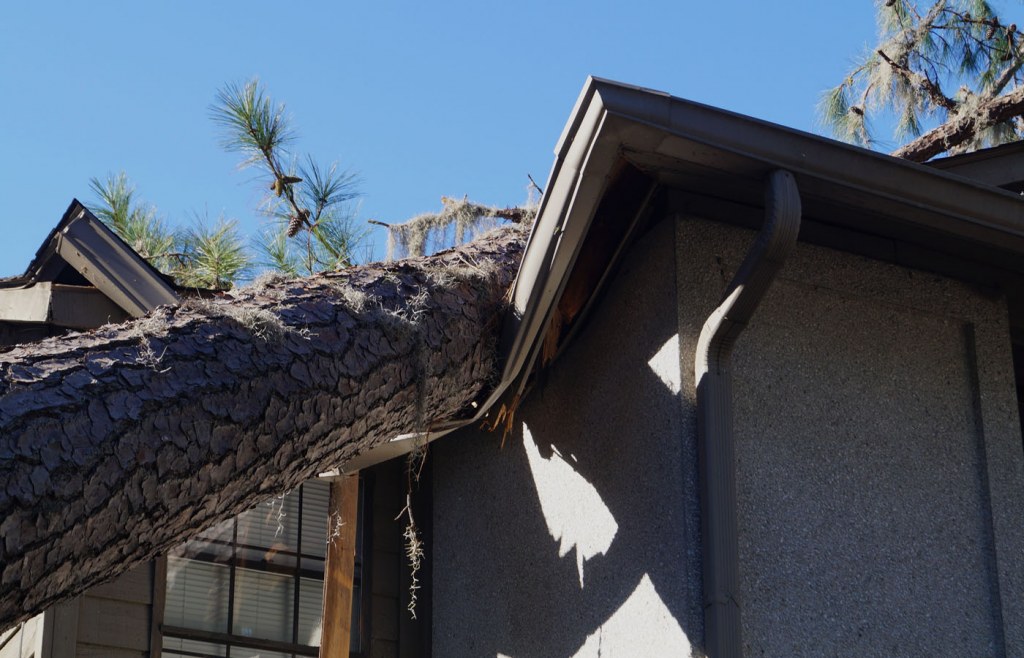The differences and similarities between homeowner insurance vs landlord insurance, at times, are just too much to comprehend for some property owners. And we don’t blame them. As a property owner or landlord, you cannot opt for one simply because it doesn’t cover losses and liabilities of the other; neither does it provide similar compensations. However, reaching an informed decision will become an easy task by getting a better understanding of the critical features of each. So, we decided to make matters simpler for you by researching and coming up with a definite answer to, “what is the difference between homeowner insurance and landlord insurance?”
Let’s get insuring!
Homeowner Insurance Vs Landlord Insurance – Key Differences, Liability, and Coverage
When it is about insuring valuable possessions, figuring out what best suits your needs and covers your requirements can be a tricky decision for some insurance seekers. So, in line with our previous guide on property insurance in Pakistan, here are some critical factors to consider when debating homeowner insurance vs landlord insurance plan.
To begin with, homeowner’s insurance plans are designed keeping the personal residence of owners in mind. As such, they work as a shield to safeguard property, the owner’s belongings, and cover their liabilities in case of any damage. Comparatively, landlord insurance is governed by an entirely different set of policies and terms. This policy is designed to protect an owner’s investment as a landlord.
We have divided the differences in terms of coverage so you can easily decide what’s best for you:
- Residence Structure
- Associated Structure
- Loss of Use
- Liability Insurance
- Medical Coverage
Residence Structure

The main structure of the residence (also known as a dwelling) is the main content of coverage in both homeowner insurance and landlord insurance. The coverage, however, may vary on the type of insurance policy you get. Each policy has a set of hazards that a home’s structure is covered against. For instance, hail storms, fire accidents, water damage, and some policies also include damages caused due to vandalism.
Make sure that your insurance agent has briefed you about both replacement cost and the actual cash value. Additionally, this policy doesn’t only provide insurance against a house structure, it also covers any damage done to home appliances, as witnessed in the case of natural catastrophes.
Separate Structure
Coverage for a separate structure includes detached structures that are connected to the owner’s property but aren’t necessarily physically connected with the structure of the residence. Some common examples of separate structures include fences, sheds, storerooms, servant quarters, guest houses, garages, or other detached structures in the same perimeter as your residence. This coverage is, by default, a part of a homeowner’s policy. Landlords, however, have to explore which institution endorses such policies for rental properties.
Loss of Use

Properties, especially houses, are always at risk of getting damaged by natural occurrences. So, as a part of general policies for homeowner’s insurance plans, insurance providers are obligated to pay for the owner’s temporary residence in case of home improvements or renovations, especially when the house is affected by a natural catastrophe and isn’t in a safe condition to live in.
Rental properties aren’t any different in such cases and are certainly in the same danger zone. So, you should be extremely careful about two things while subscribing to any insurance plan as a landlord. First of all, a backup residence for your tenants when your rental property becomes inhabitable. Secondly, a backup for yourself if you’re unable to generate monthly income through rent.
Some insurance companies in Pakistan also provide a one-window solution for various problems faced by landlords. So if you’re planning to subscribe to a landlord insurance plan, make sure it comes with “Fair Rental Value”. Your insurance providers will then become liable to cover the lost rents, and you’ll be adequately reimbursed for your loss and your rental income.
Liability Insurance
Most property owners make their decision based on simple logic. For them, the key difference between homeowner insurance and landlord insurance is that if the home serves as their primary residence, they opt for homeowners’ insurance. Meanwhile, if they’re renting it out for an extended period, let’s say a year, they need landlord insurance.
However, when it comes to liability insurance – that’s when a homeowner’s insurance plan doesn’t provide the same benefits as a landlord insurance plan. It is quite understandable since the homeowner’s responsibilities are entirely different than what is expected from a landlord. Even if you’re living in the same property you are renting, you still require greater liability protection. This goes especially true for cases when someone files a lawsuit against you for negligence.
Simply put, landlords have a lot less control over their investment property, no matter if they rent their property for a long or short period. So, opting for homeowners’ insurance is not the safest bet for landlords in such cases.
Medical Coverage

A simple homeowner’s insurance plan doesn’t provide medical recovery if someone is injured on your rental property. Let’s suppose there’s an unidentified hazard on your property and someone gets seriously injured and requires special medical attention. In such a scenario, a landlord’s insurance can cover this sort of expense while a homeowner’s insurance plan does not provide any coverage for such medical expenses.
This brings us to the end of our post. However, if you still cannot decide which one to opt for, we have another simpler way to explain the key difference between homeowner insurance and landlord insurance. If you want to turn your residence into a full-time rental property, it is ideal to get a landlord’s insurance plan. On the other hand, home insurance is a better fit if you plan to have tenants only occasionally.
For more property management tips, keep visiting Zameen Blog. You can get our latest posts delivered to your inbox directly by entering your email address in the box on the right side of your screen. If you have any queries or suggestions, write to us at blog@zameen.com.
Keep following our Facebook page for more updates on the event.



